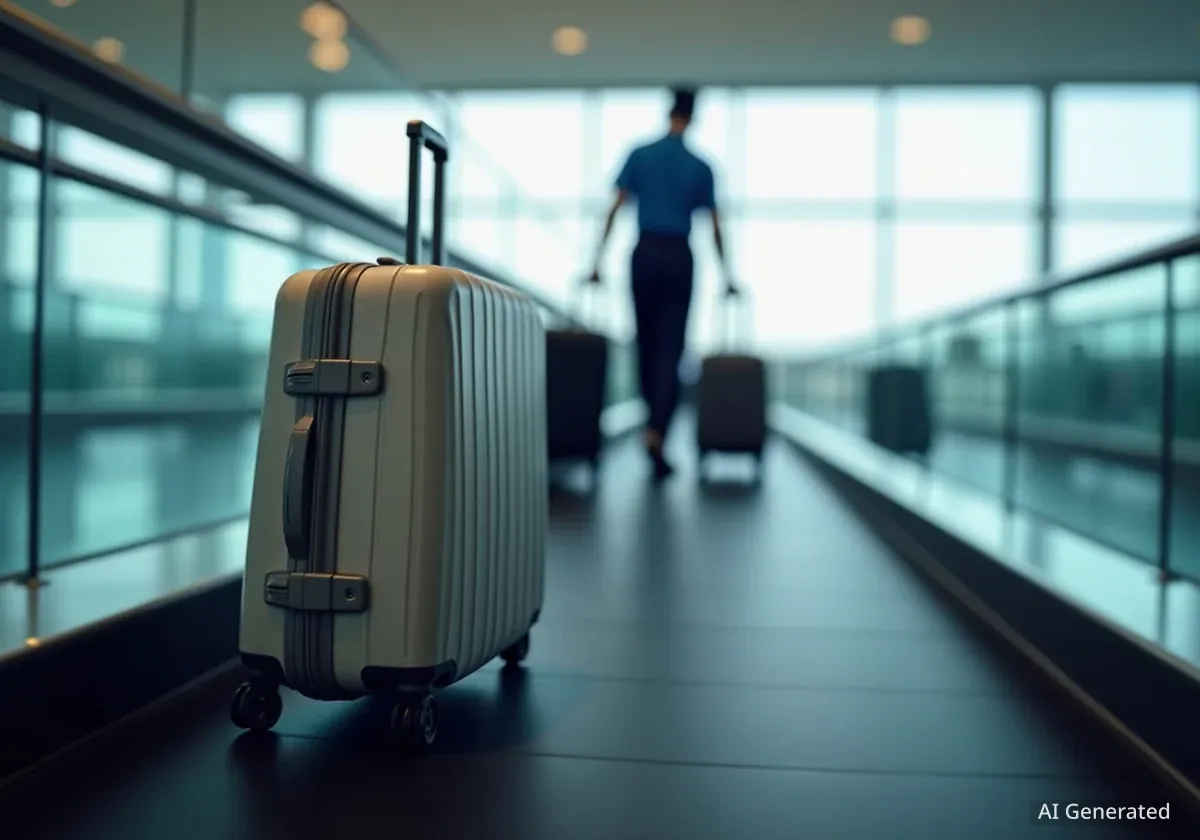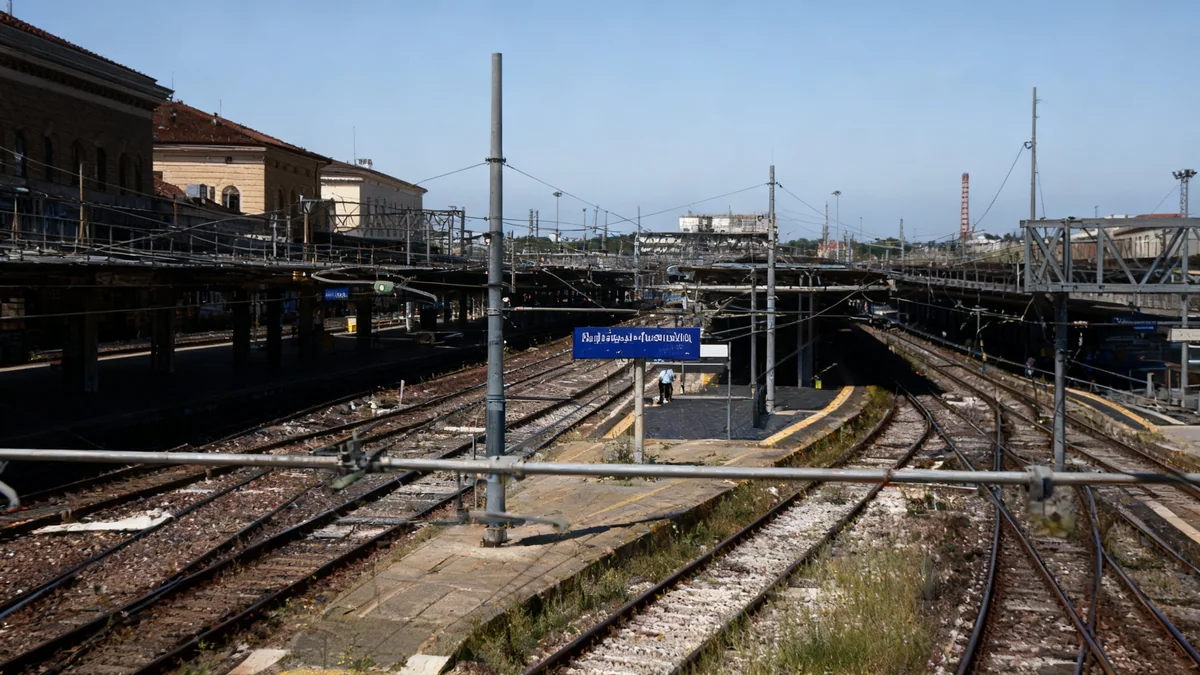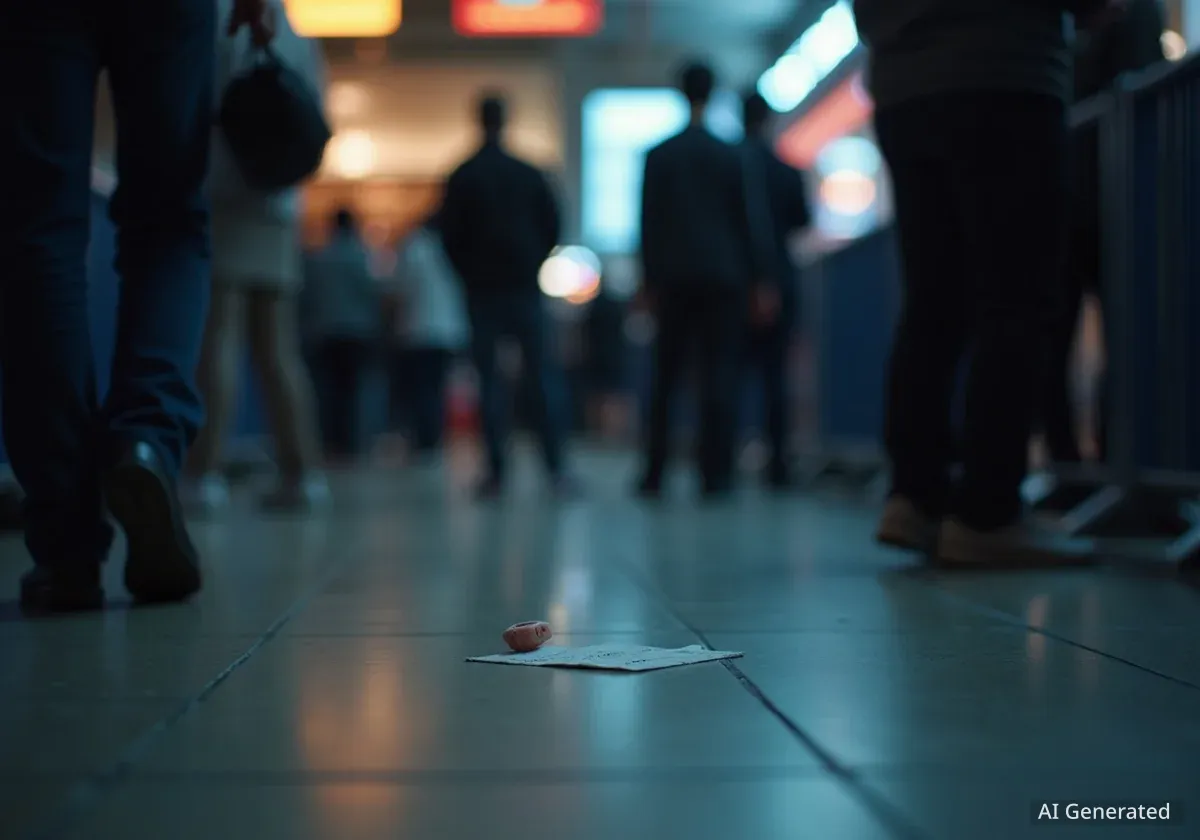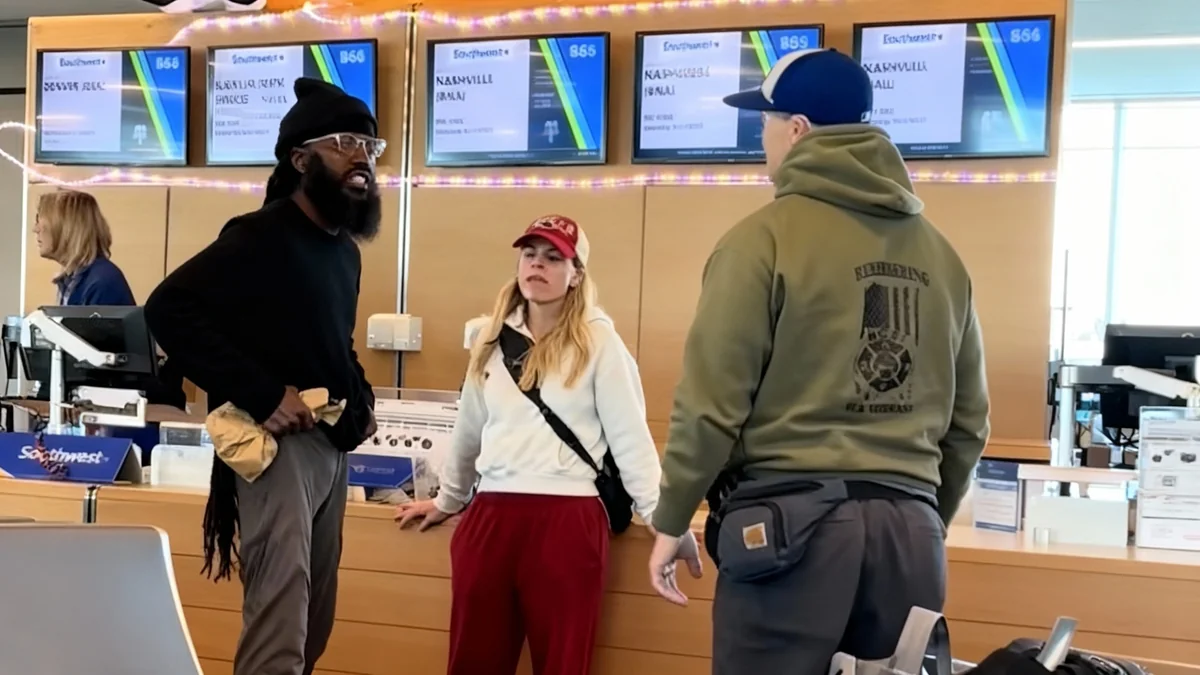A passenger flying American Airlines from Nassau to Miami faced arrest and spent nearly a week in a Bahamian jail. This happened after authorities found over 100 bottles of codeine in a checked bag. The bag was labeled with her name, even though she stated she never checked any luggage for her trip.
Alison Dominguez, the passenger, had flown roundtrip from Miami for a short weekend in April. She maintained she only carried a carry-on bag. Her lawsuit claims an American Airlines employee at the airport checked the drug-filled bag under her name.
Key Takeaways
- Alison Dominguez was arrested in Nassau for drug smuggling.
- A bag containing over 100 bottles of codeine was checked in her name.
- Dominguez claims she only had a carry-on and never checked a bag.
- Her lawsuit alleges an American Airlines employee was responsible.
- She spent nearly a week in a Bahamian jail under severe conditions.
Details of the Incident and Arrest
Dominguez checked in online for her return flight around 12:30 p.m. She arrived at the airport at approximately 4:40 p.m. She used TSA PreCheck and Global Entry for preclearance procedures. While waiting in the lounge for her 6:36 p.m. departure, agents called her to the gate at 5:10 p.m.
At the gate, two U.S. Customs agents and an American Airlines employee presented her with a bag. The bag had a tag showing her name. Dominguez insisted she had never seen or owned the bag. Inside the bag were more than 100 bottles of codeine.
Important Fact
The bag was reportedly checked in before Alison Dominguez even arrived at the airport, a detail that later became crucial in her defense.
Following this discovery, Dominguez was arrested. She describes spending "almost a week imprisoned under horrific conditions." These conditions included sleeping on a concrete floor soiled with urine and feces. She also reported periods without bathroom access and a threat of rape by a male inmate. Guards also told her she might have been exposed to AIDS.
Legal Allegations Against American Airlines
Dominguez's lawsuit makes several serious accusations against American Airlines. She argues the airline did not help her during her confinement. She also states the airline failed to check obvious inconsistencies, such as the bag being checked before her airport arrival. This detail eventually helped to clear her name.
The lawsuit alleges negligence by American Airlines. This includes failing to protect personal information and baggage systems. It also claims the airline did not warn about insider drug smuggling risks, which American Airlines had reportedly identified before. Furthermore, the lawsuit accuses the airline of defamation for making false claims to airport, customs, and Bahamian authorities. It also alleges false imprisonment by causing her arrest.
"American Airlines had actual knowledge of prior smuggling arrests tied to airline staff and American has demonstrated awareness and taken steps to address this, supporting a duty and continued negligence theory," the lawsuit states.
Background on Preclearance
With U.S. immigration preclearance in Nassau, there is no customs check upon arrival in the U.S. This system could make it easier for an accomplice to retrieve a drug-filled bag from a domestic baggage claim in Miami.
The lawsuit states that American Airlines falsely identified Dominguez as the bag's owner. This action caused law enforcement to act against her. As a result, she experienced both physical injury and significant emotional distress during her time in jail.
Potential Defenses and Legal Complexities
American Airlines is likely to argue that the Montreal Convention applies. This international treaty often serves as the only remedy for personal injury claims if an "accident" occurs during embarkation or disembarkation. The airline might claim the false bag association and handover to law enforcement happened during embarkation.
However, Dominguez's legal team is expected to counter this. They will likely argue that her imprisonment in a foreign country occurred off-airport and after any embarkation. They may also assert that defamation and false imprisonment are not typical Montreal Convention claims, which usually cover airline accidents. They could also argue that false reporting of criminal misconduct is not part of the 'mishap of carriage' covered by the convention.
Airline Deregulation Act and Immunity
American Airlines may also invoke the Airline Deregulation Act. This act preempts state damages claims if state law tries to regulate an airline's services. In the Eleventh Circuit, which includes Florida, "services" are broadly interpreted to include boarding and baggage handling. The airline might argue that the alleged negligence relates to baggage services, thus preempting state law claims.
Dominguez's attorneys will likely argue that false reporting of criminal acts is not a 'service' an airline provides. They may also point out that personal injury negligence claims related to safety often escape Airline Deregulation Act preemption.
Another defense could be statutory immunity for reports to U.S. authorities about suspected criminal activity, under the Aviation and Transportation Security Act. This immunity applies unless the report was materially false. It is unclear if this immunity extends to foreign authorities. However, if the statements were materially false or misleading, as appears to be the case, immunity would disappear.
Legal Point
Law enforcement, not American Airlines, directly arrested Dominguez. However, if a private entity 'instigates' or 'procures' an arrest through false information, it can become legally responsible.
The airline might also argue that there is no vicarious liability for an employee's drug smuggling. They could claim that checking the bag in Dominguez's name was outside the scope of employment. However, the lawsuit targets American's systems, supervision, and communication, not just the individual employee's actions.
Implications for Airline Operations and Passenger Safety
This case highlights potential vulnerabilities in airline check-in and baggage handling systems. The fact that a bag could be checked under a passenger's name before their physical arrival at the airport suggests a significant security loophole. This is especially true with the rise of app-based check-in processes.
The outcome of this lawsuit could have wide-ranging implications for how airlines manage baggage, protect passenger data, and address insider threats. It also underscores the importance of stringent security protocols to prevent similar incidents. For passengers, this case serves as a stark reminder of the potential risks, even when following standard travel procedures like carry-on only travel.
- Airlines may need to review their bag check-in procedures.
- Enhanced verification of passenger identity at bag drop could become necessary.
- The case could lead to stronger safeguards for passenger personal information.
- Airlines might face increased liability for employee misconduct if systems are found negligent.
The legal battle may also involve disputes over where the case should be heard, given that the filing is in Florida, American Airlines is based in Texas, and the incident occurred in Nassau. Ultimately, the court will likely examine the extent of American Airlines' negligence and whether this negligence led to false reports to authorities, directly causing Dominguez's arrest and subsequent ordeal.





